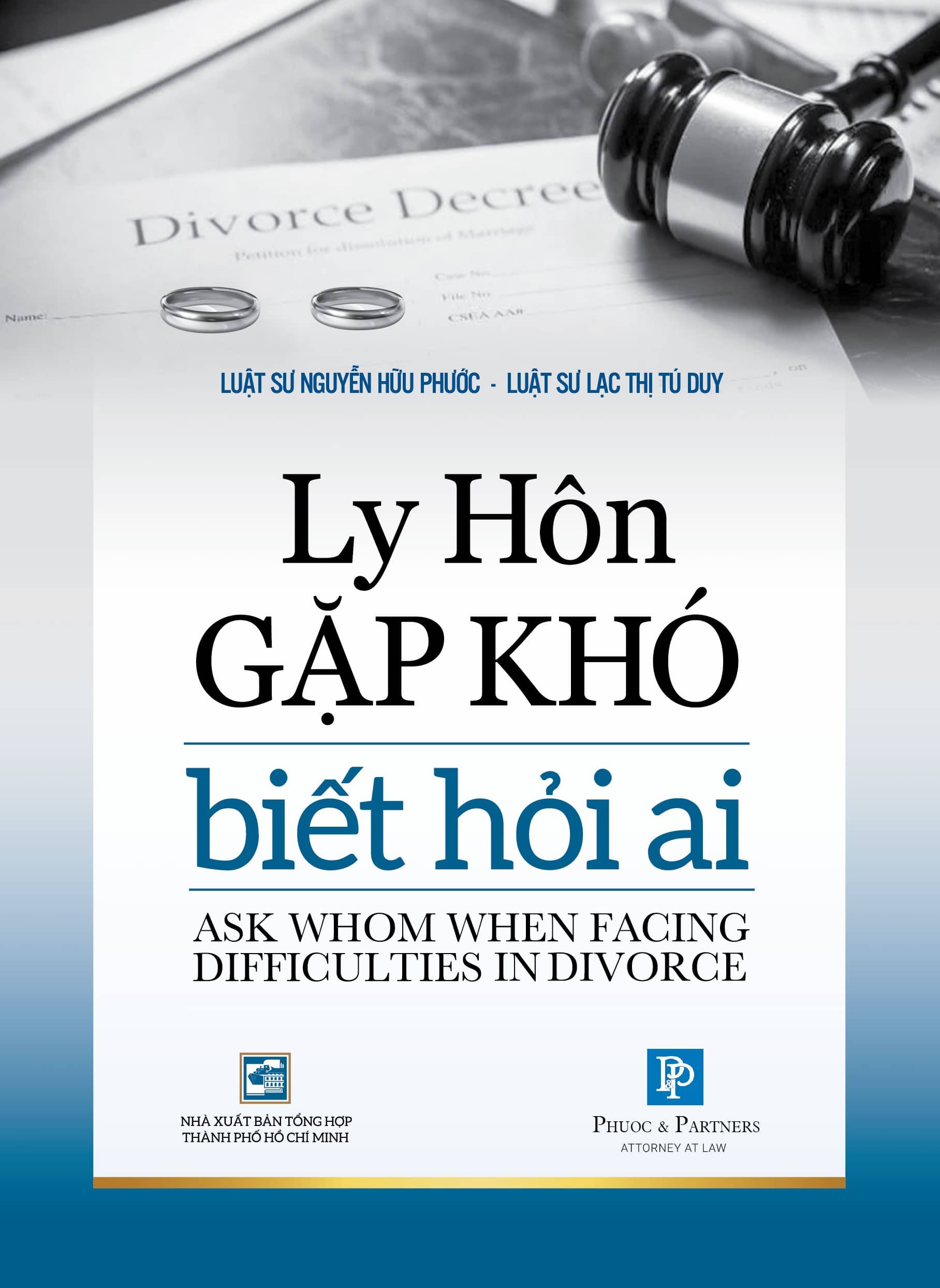In principle, the right to reach an agreement among the litigants is always respected by the laws, except for some specific legal areas such as criminal, administration or civil status. The Law on Marriage and Family as well as the Civil Proceedings Law are not exempted from such principle. In a divorce case, the litigants may reach an agreement on issues relating to the resolution of the case, not only at the time of mediation but also in the trial of first instance and appellate hearings, even at the judgement enforcement stage[2]. However, the law also provides constraints so that the litigants cannot take advantage of their agreement to commit unlawful acts or acts in contrast to social ethics, agreements will be directly or indirectly affecting the Government, society, and the rights and benefits of others protected by the laws. Consequently, the spouses who have an agreement contrary to the provisions of law or social ethics when conducting mediation in Court will not be recognised by the Court. In addition, to prevent the recognition of the above agreement, the laws give some provisions as follows:
- Firstly: Duty of the People’s Court is justice protection, human rights, civil rights, the socialist regime, interests of the State, and the lawful rights and interests of organisations and individuals. Therefore, the fact that the Court recognises an agreement contrary to the laws and social ethics shall not be permitted[4];
- Secondly, the settlement of divorce case which follows provisions under the law is also a civil procedure. The Civil Proceedings Code 2015 explicitly provides that in a civil case, litigants shall have the right to terminate, change their requests or agree voluntarily, but shall not be permitted to violate prohibitions of the laws and shall not be contrary to social morality[6]. Therefore, the agreement as set forth above of the spouses shall not be permitted in the process of settlement of a divorce case; and
- Thirdly, it is asserted under the Civil Proceedings Code 2015 that all agreements with intent and contents that violate the prohibition of the laws or contrary to social ethics, shall be invalidated. Even the status of limitations that the Court to declare these agreements null and void is not restricted, unlike the other null and void cases of ordinary civil contracts, which are within two years only[8].
Therefore, the Court shall not approve
any agreement which is illegal
or which contrast with the social morality of the spouses. And
even if the spouses have their own agreement without petition to the Court to
approve such agreement, it may be declared invalid if the third party having a right being affected petitions the Court to declare that such
transaction is null and void. In addition, if the spouses agree deliberately
and undertake illegal acts, or acts contrary to social morality, they shall bear administrative measures,
even criminal sanctions depending on seriousness of the violation. For example,
if the spouses intentionally make a valuation of real estate to reach the low
price in order to reduce the payable personal income tax and registration fee
as required, the local tax agencies shall impose the wife and husband on
administrative violations in the tax field and collect tax arrears. If the act
of tax evasion is sufficient to constitute a criminal offense, the spouses may
also be prosecuted and bear criminal liabilities.
[2] Article 6 of the Law on Civil Judgement Enforcement as amended and supplemented in 2014.
[4] Article 2 of the Law on Organization of People’s Court 2014.
[6] Article 5.2 of the Civil Proceedings Code 2015.
[8] Article 124 and 132 of the Civil Code 2015.
If you would like more information on how we can assist you with divorce issues, please contact us at: +84 (28) 36223522 or email us at info@phuoc-partner.com

